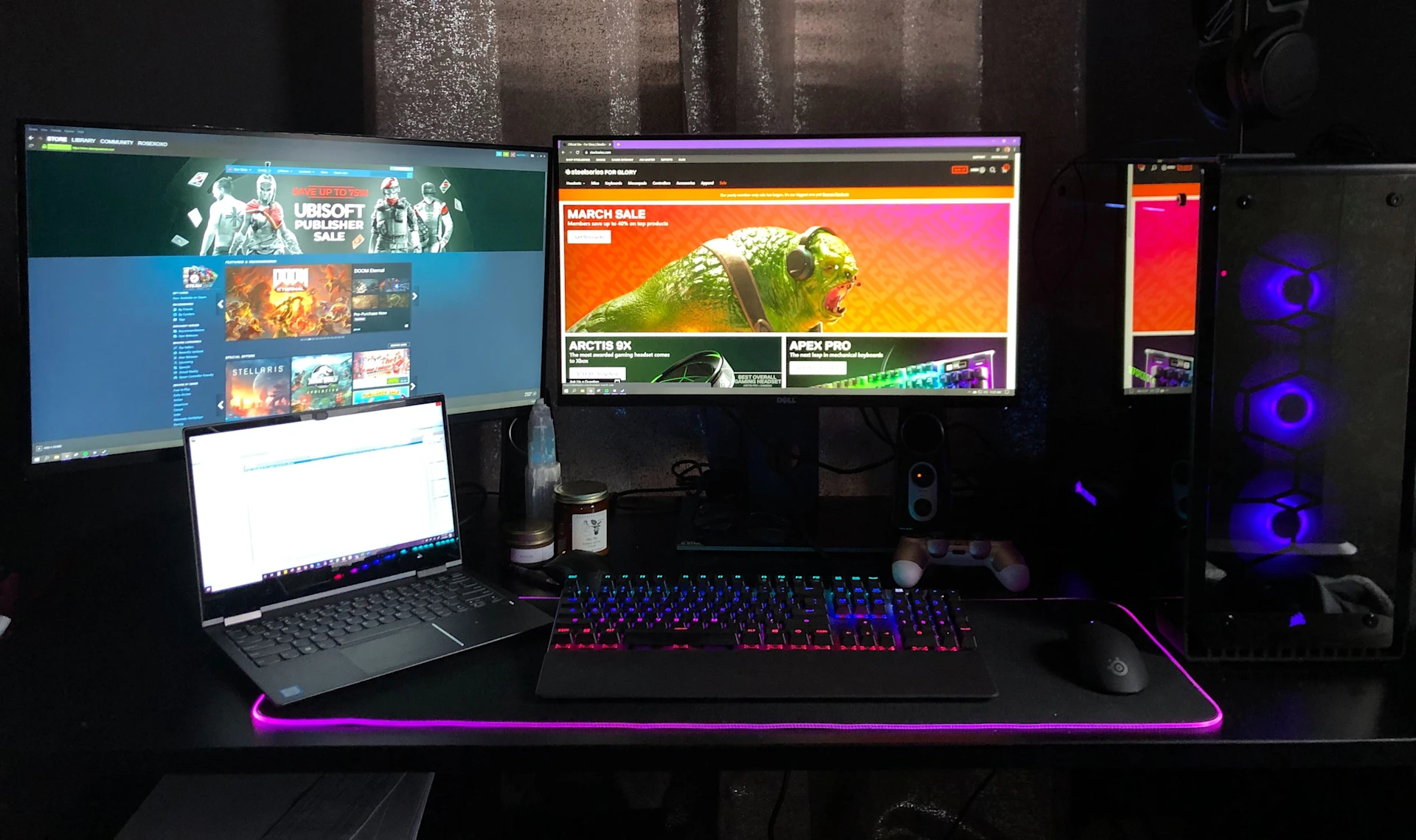
6 Tips for Effective Work from Home
How to have a work-life balance when the office is your home.
While working from home may have its advantages such as eliminating the daily commute and getting to work in your PJs, it can also bring a number of unforeseen challenges to the mix that need to be managed so that your work stays on track.
Here are some tips I’ve curated over fifteen years of working remotely:
1. Create boundaries between work and home by observing a regular work schedule
Your work attire may be different (PJs) but your work hours should not be.
A good way to enforce regular work hours is to schedule daily meetings for yourself, say at 9:00 each morning, to review the day’s priorities, monitor your progress against weekly goals, peruse your meeting calendar, and otherwise get organized. End the day in the same way. Your end-of-day meeting can be a quick wrap up of where things are from a deliverables standpoint and what needs to be done the next day.
Consider this in much the same way a small business owner would: opening up shop in the morning with certain tasks and closing it down at the end of the day with others.
2. Block time to work on projects
Meetings with others fill a portion of every day for many people. In fact, given that you are working remotely, your number of meetings may actually increase. That being said, it is critical to block considerable chunks of time to focus on individual project work each day so that youare progressing towards important milestones.
Scheduling blocks of time on your calendar for project work is particularly important when working from home because if it is scheduled, you are less likely to abruptly decide it’s time to throw in a load of laundry, rake leaves on the side of the house or tune in to see what your favorite streamer is opining about.
3. Take time for breaks
In contrast to what’s been described above, it’s also common for Work-from-Home-Warriors to eat lunch at their desk or continue working long past their normal quitting time.
This happens because the physical boundaries created by work and home spaces lend themselves to creating psychological boundaries too. Just as it’s important to draw the line so you can get work done, block time for lunch and do your best to respect the metaphorical time clock. When it’s Miller time, be done for the day.
4. Dedicate a workspace
Many colleagues who don’t normally work from home may feel unsure about where to do work. Regardless of the size of your abode or the number of people you share it with, if possible, claim a space you can call your own for work. Clear it off, organize it and make sure it’s set up so you don’t need to get up and wander off looking for the stapler. And use the same space every single day.
While laptops are fabulous and may allow for a quick change of scenery, resist the desire to work in the kitchen, in front of the TV, etc. Remember, boundaries!
With regard to the well-appointed part, make sure that your internet speed is adequate, and that you have a fully functional workstation with monitor, keyboard, etc. to maintain the same level of efficiency you enjoyed while in office. Don't hesitate to reach out to your employer for help - they surely want you to be effective at home too.
5. Overcommunicate with team members
Working from home can be lonely and can detract from the energy we get from working face-to-face with colleagues and team members. To minimize this, consider scheduling some meetings that are video calls so that you can connect a bit more with the people you’re used to seeing every day. Just be willing to forgive bed head or someone wearing the same tee shirt two days in a row. Alas, the benefits of remote working are unique to that setting. Enough said.
6. Use collaborative tools and establish routines
Here at SteelSeries, Podio, Slack, Skype, Skype for Business, and Box are just a few of the tools we use in our daily operations.
Without in-office contact, collaborative tools are more important than ever.
In addition to those tools, it’s important to work with your colleagues and the cross-functional teams you support to establish management routines to take the place of routines that became habit when in person.
Above all else, reach out to your employer and colleagues if you are having issues getting organized, lack the resources or tools to do your work remotely, or are simply struggling to get work done.
During this unprecedented time, family and health should always come first. But I hope these tips help to improve your work. We’ll get through this together!
SteelSeries.com is donating a portion of all sales in April and May to The Global FoodBanking Network. We also encourage you to donate directly to your local medical, service, food, and other charities. Now more than ever is the time for us to help each other however we can.
Read More:
As global head of marketing, Kathryn stays busy building the SteelSeries brand around the world. In her spare time, she can be found playing Mariokart, Fortnite and other family-friendly games with her husband and two teenaged daughters or various Xbox titles online with her son who now lives on his own.